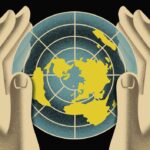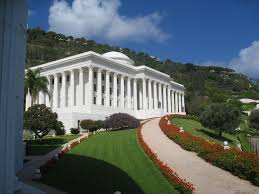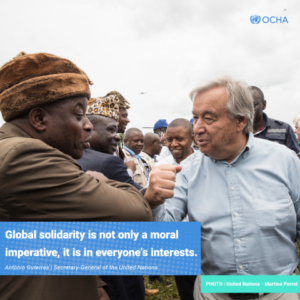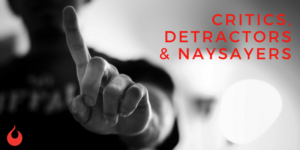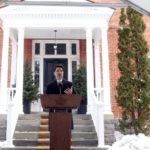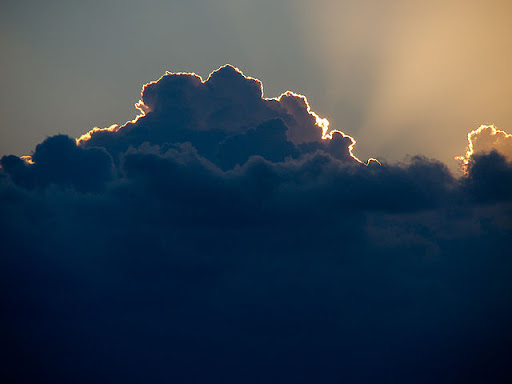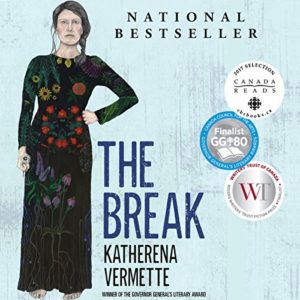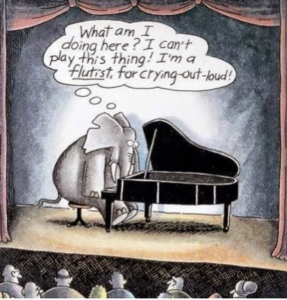
Gary Larsen, The Far Side. (Did you hear he’s back and creating fresh content?) I’ve missed Mr. Larsen.
PUBLIC SERVICE ANNOUNCEMENT: Welcome to JH.com. This is the default location for this site, but you might also want to look *over there on the right* for stuff that’s more sport-centric (“It’s All About Sports!”) or for longer essays (“On Second Thought”). For example, I recently posted THIS DEEP DIVE on a super-amazing aspect of The Whole Baha’i Thing…
[5-minute read]
I don’t think of myself as an anxious person, particularly, but performance-anxiety dreams are my bedbugs. My bride still dreams, decades later, of being on stage in full costume but without an idea of what the choreography is. For me, it takes the form, occasionally, of long-gone athletic worries (suddenly I can’t judge a fly ball and there it goes, over my head!) or whistle-blowing tensions (wait, these kids have no clue and where are the basketballs anyway? Hold it, there are no baskets in this gym?!). Most often, though, after three decades in the classroom, it’s Teaching Anxiety that troubles my sleep.
Every August they’d kick into top gear, without fail. Even after retirement – or during interludes when I wrote for a living – I knew September was coming not so much from cooling nights and red-tinged trees as from at-school-sans-pants, can’t-find-my-classroom midnight adventures. Classic symptoms. After a week or so of starting-the-year nightmares — I can’t say they were terrifying, but my sub-conscious was clearly hard at work already — I’d head for my classroom on Day One wondering, “Can I still do this? You’re only as good as your last lesson, buddy, and it’s not like you’re gettin’ younger!” And two minutes in I’d know, without fail, “You were made for this. Let’s GO!”
Now, a few years into retirement, the Teacher Dreams are still with me, but they’re changing. They started at about the same time of year, but there’s been no First Day of School to dismiss them, and it’s no longer the start of school that get me so much as the dread of an Ending. I loved teaching, but although I long for more of those dynamic interactions, those performances, I don’t miss the professional duties or their daily grind at all, especially with the added load teachers carry due to Covid. But I’ve been on a steady diet of dreams like this: I’m teaching, my usual assortment of high school English courses, and it seems they’ve been going along well except that I don’t think I’ve showed up for that grade 10 writing class in a month and it dawns on me that marks are due next week! and I don’t have a single grade recorded for any of these kids and I’m not totally clear on all their names and how the hell am I going to do report cards when I haven’t given even one quiz or essay?

